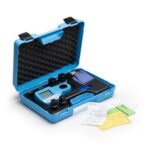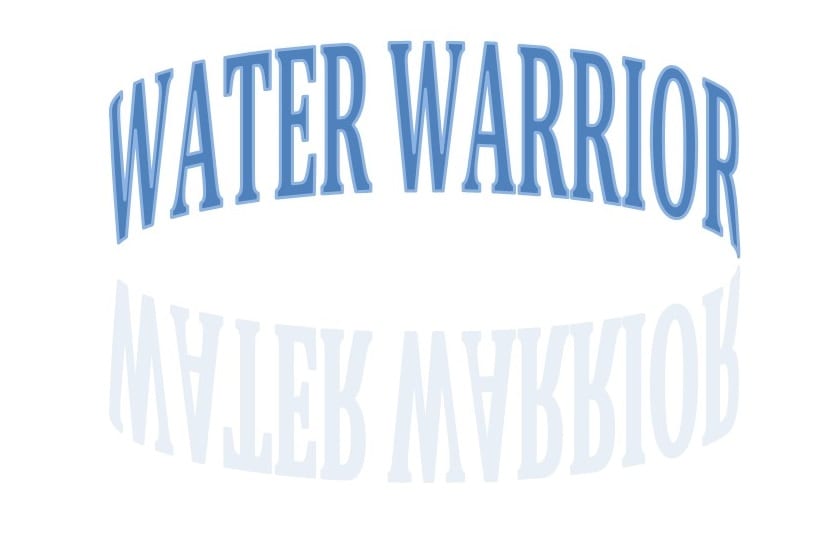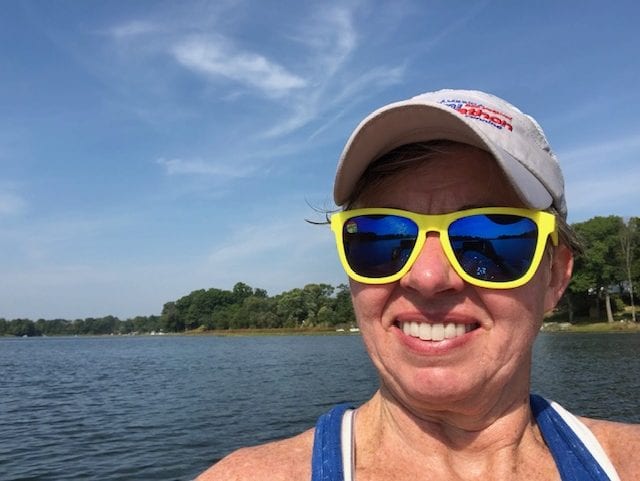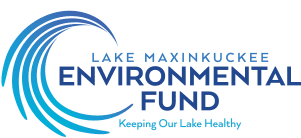Since there is so much that can affect water quality, it is important to regularly monitor and act on a problem as soon as it rises. It is far more cost effective to address small problems before they can cause serious consequences. The North American Lake Management Society recommends iterative steps when managing lakes and watersheds. Small efforts toward an established goal cost less than major improvements and are less likely to negatively impact non-targeted organisms and other aspects of the lake.
Only monitoring gives us the advance warning we need to take early action to protect the lake.
The goal of lake monitoring is to identify small changes in conditions so that remedial work can start before a lake has degraded extensively and expensive restoration measures are necessary. Lake monitoring is an investment for the future with potential for high returns. Preservation of our lakes for their beauty and recreational benefits, as well as for their value as habitats for fish and wildlife, is of utmost importance.
USGS.gov

Lake Maxinkuckee Environmental Council (LMEC) has been monitoring the water quality of the lake and its tributaries since the 1980s, both through citizen scientists and contracted research. In an effort to broaden our monitoring, without incurring a large financial burden, LMEF applied for and received a grant from the Ralph C. Vonnegut Jr. Fund in the amount of $2,000 to purchase the necessary equipment to conduct in-house monitoring.
In recent years, water samples have been collected from three key sites, four times per year. With the new equipment, additional sites can be monitored and with much more frequency.
Water Warriors Needed

I need your help! If you are interested in learning how to use the equipment and have an hour or two a couple of times per month to collect data, please contact me. I am starting a Water Warrior volunteer group for those who have an interest in science and want to help protect this beautiful lake. This is appropriate for youth, with adult supervision. There might even be a free t-shirt involved.
“Volunteers don’t get paid, not because they’re worthless, but because they’re priceless.”
– Sherry Anderson

Hi, I’m Debbie Palmer. I received a BS in Horticulture from Purdue University. Here at LMEF, I am responsible for outreach presentations, monitoring the lake and it’s wetlands, project manager for restoration and research projects, and act as a community resource for all things related to the well-being of Lake Maxinkuckee and its surrounding watershed. I completed Indiana Watershed Leadership Academy, volunteer with the Indiana Clean Lakes Program, Hoosier River Watch and Marshall County Lakes and Waters and serve as a Board Member for Indiana Lakes Management Society.


Recent Comments